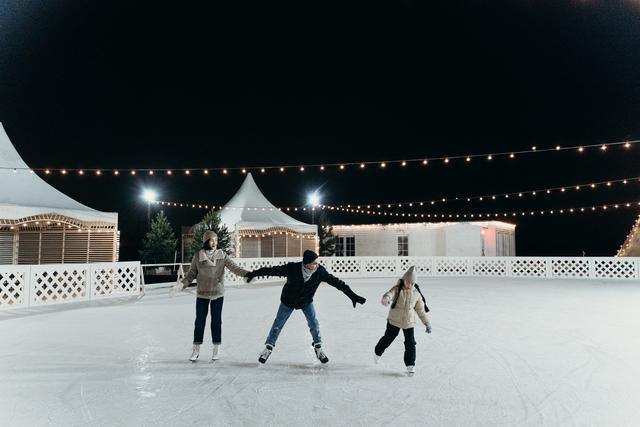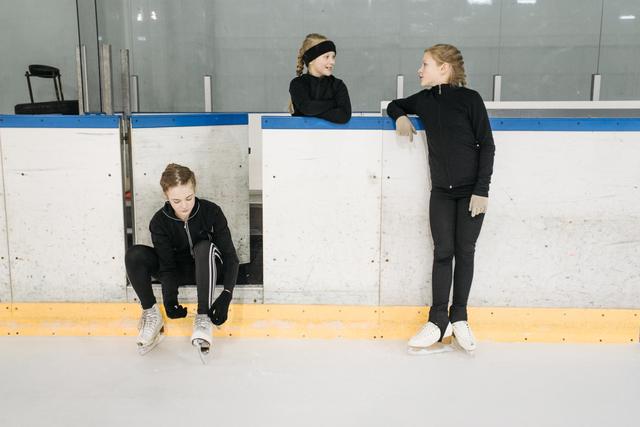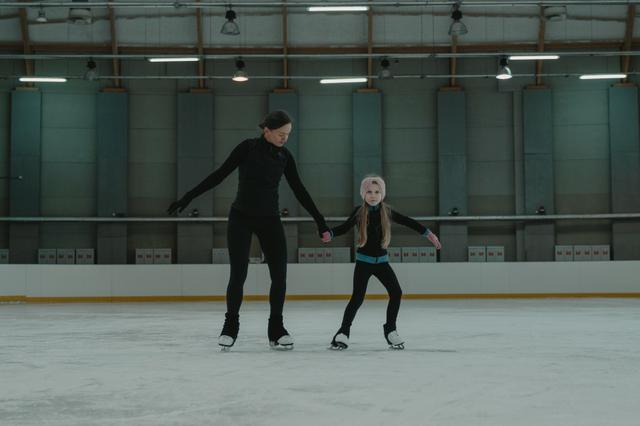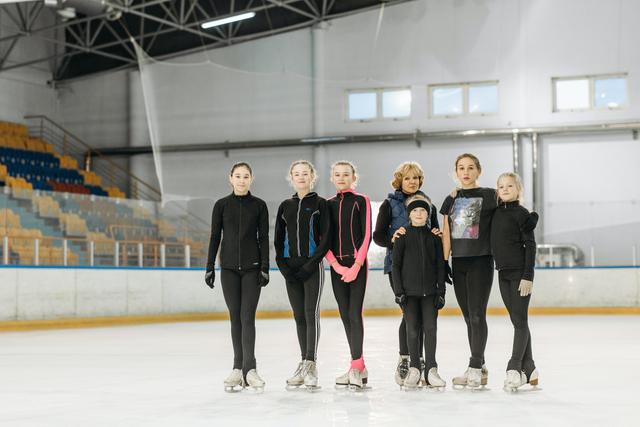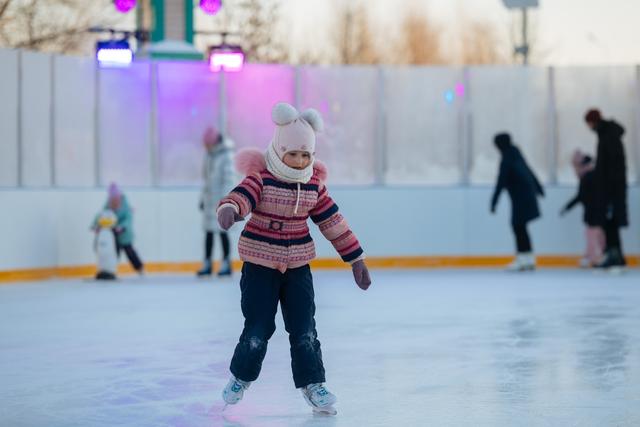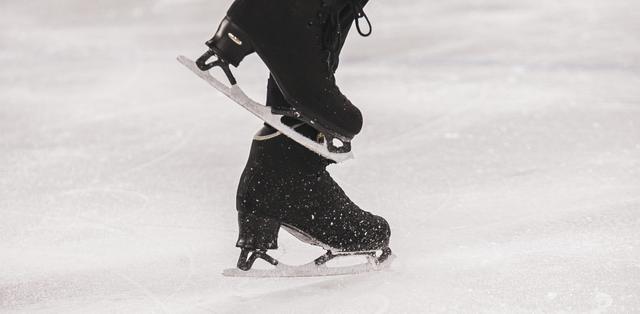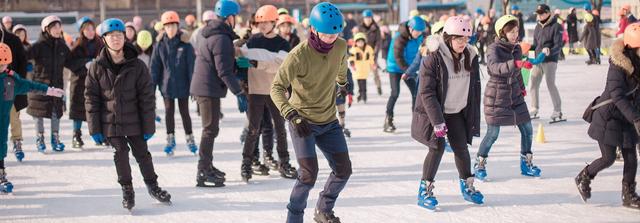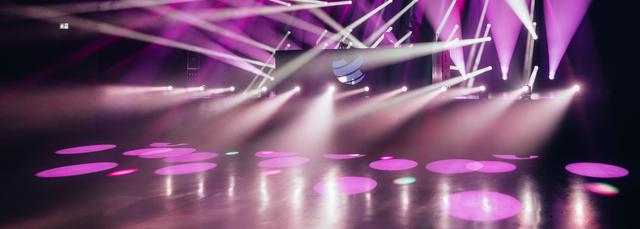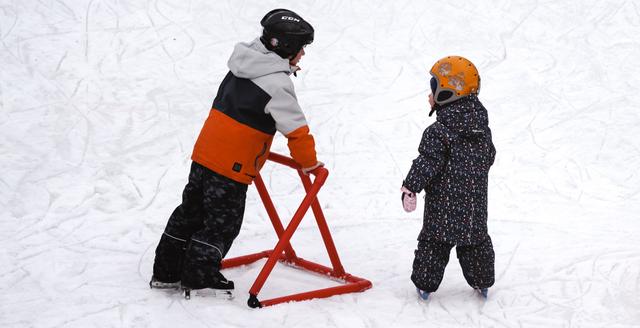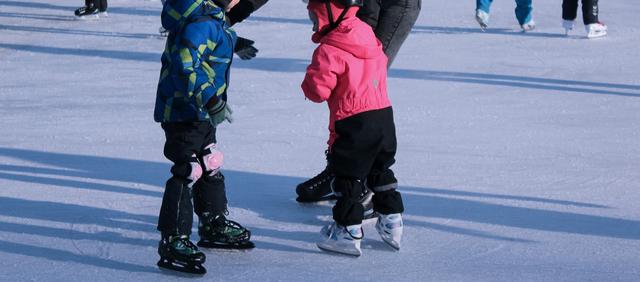Ice Skating Articles
Ice Skating For Kids In The UK
Ice skating stands out as an engaging and widely embraced winter pastime throughout the UK, captivating children of all ages. This sport has deep historical roots in the region, tracing back to the medieval era, notably with the earliest recorded usage of ice skates in Norfolk during the 13th century. It began to flourish significantly in popularity with the establishment of artificial ice rinks in the 18th and 19th centuries. The unveiling of London's first permanent ice rink in 1876 marked a pivotal expansion of this activity, transforming ice skating into a cherished seasonal tradition among the UK public.
Today, numerous ice rinks are sprinkled across the UK, accommodating enthusiasts and beginners alike, and offering a safe, enjoyable environment for children to glide and spin their way across the ice. These venues typically offer a variety of programmes specifically tailored for young skaters, making it an accessible and appealing activity for families seeking a fun winter outing.
The Benefits of Ice Skating
Ice skating offers numerous health benefits for children, making it a fantastic choice for parents looking to enhance their child's physical and mental well-being. Firstly, it is an excellent cardiovascular exercise that elevates heart rate and improves lung capacity, contributing to overall better heart health. As children skate across the ice, they engage multiple muscle groups, which helps in building strength, particularly in the legs, core, and upper body, and also boosts endurance.
Furthermore, ice skating requires a good blend of coordination and balance. Regular practice on the skates helps children enhance these crucial physical skills, which are beneficial in many other sports and activities. The challenge of learning to maintain balance on ice also boosts a child's confidence as they achieve new milestones on the rink.
Socially, ice skating is a communal activity often enjoyed in groups. It provides children with the opportunity to interact with their peers, make new friends, and develop social skills in a fun and engaging environment. The combination of physical exercise and social interaction contributes significantly to the holistic health of a child, promoting both physical fitness and emotional well-being through joyful, playful experiences on the ice.
FAQs
What age is appropriate for kids to start ice skating? Children as young as three years old can begin ice skating with the assistance of a parent or guardian. Most ice rinks provide special programmes for young children, featuring aids such as penguin-shaped stabilisers that make it easier for them to balance and navigate the ice.
Do kids need special clothing for ice skating? Yes, it is essential that kids wear warm, waterproof clothing that allows for ample movement. Protective gear such as a helmet and gloves are crucial, alongside warm socks to protect against the cold and reduce the risk of injuries from falls.
Is ice skating an expensive activity for kids? The cost of ice skating can vary, but many ice rinks offer special rates for children and families. Additionally, community programmes and schools sometimes provide lessons at reduced prices, making ice skating an accessible activity for many families.
Is ice skating a safe activity for children? With the proper safety equipment, such as helmets and appropriate clothing, ice skating can be a safe activity for children. Ensuring children are taught the proper techniques and skate in controlled environments, such as indoor rinks or supervised outdoor areas, also enhances safety.
How can I help my child learn to ice skate? Supporting your child through encouragement and supervision is key. enrolling them in lessons where they can receive training from experienced instructors can be very beneficial. Practicing together and teaching them basic skills like standing, marching on the spot, and simple gliding can also be a fun and effective way to help them learn.
